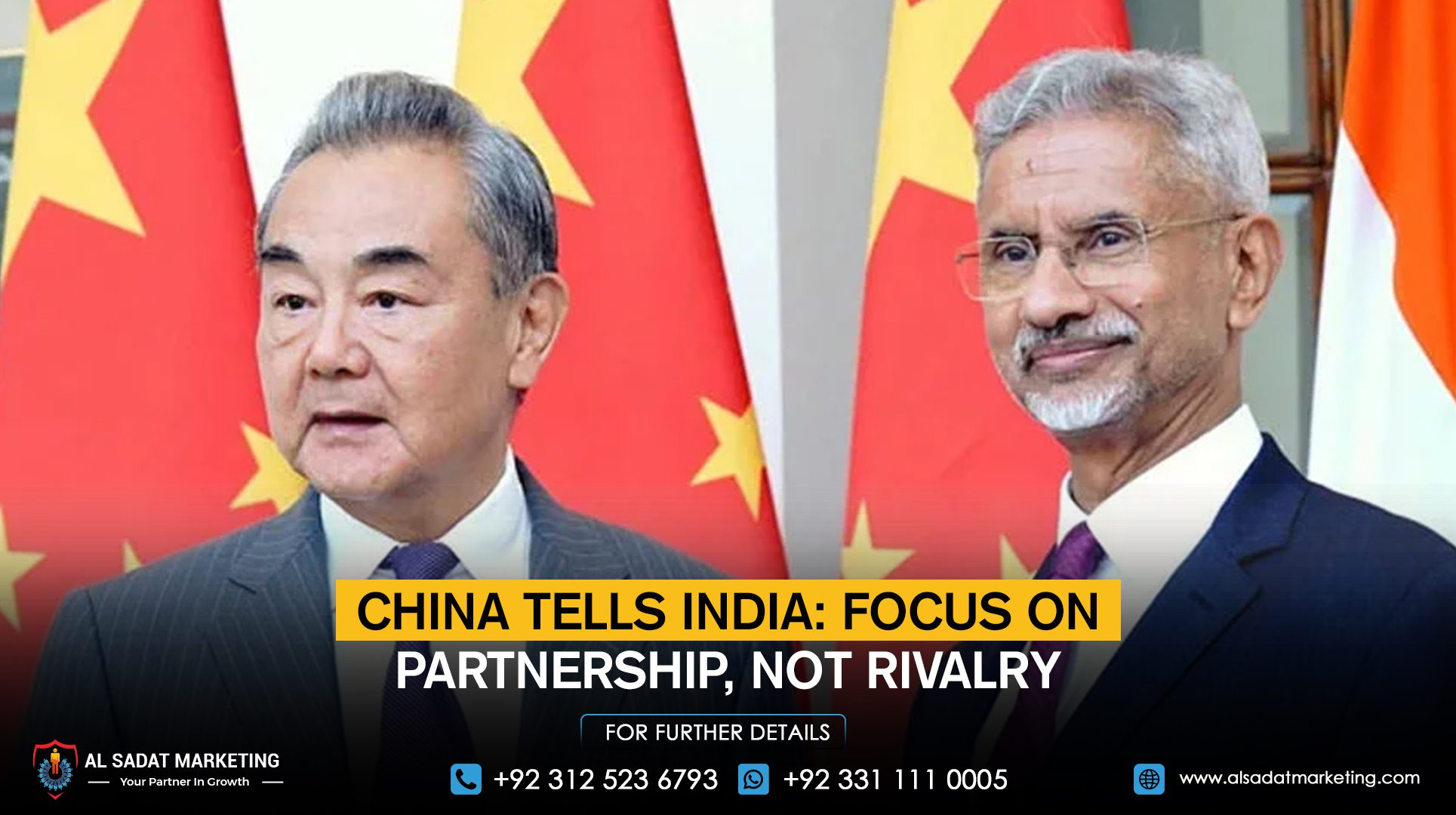China has urged India to adopt a “correct strategic understanding” of their bilateral relations and to see Beijing as a partner instead of a rival, Chinese Foreign Minister Wang Yi told his Indian counterpart Subrahmanyam Jaishankar during talks in New Delhi on Monday.
According to the Chinese foreign ministry, Wang said Beijing was ready to work with New Delhi under the principle of cordiality and mutual benefit. Both ministers discussed a wide range of issues, including border peace, economic cooperation, pilgrimages, connectivity, river data sharing, and cultural exchanges.
Speaking to reporters, Jaishankar confirmed the positive tone of the meeting. “We had productive conversations on our economic and trade issues, pilgrimages, people-to-people contacts, river data sharing, border trade, connectivity, and bilateral exchanges. These discussions will contribute to building a stable and forward-looking relationship,” he said.
The talks come as the two countries attempt to rebuild trust after years of strained relations following the deadly 2020 Himalayan border clash, in which 20 Indian and four Chinese soldiers lost their lives. The Chinese statement noted that dialogue at multiple levels had been “gradually restored” since last year.
Wang Yi emphasized that China and India, as major developing countries, should work together rather than regard each other as “threats.” Jaishankar, meanwhile, stressed that resolving the border issue remained essential for moving forward. “Having seen a difficult period in our relationship, our two nations now seek to move ahead. This requires a candid and constructive approach from both sides,” he said.
Wang’s two-day trip comes shortly before Indian Prime Minister Narendra Modi’s scheduled visit to China to attend the Shanghai Cooperation Organisation (SCO) summit — his first trip to the country in seven years. During his stay, Wang will also hold the 24th round of border talks with Indian National Security Adviser Ajit Doval and meet with Prime Minister Modi.
Relations between the two Asian powers began to improve in October 2024 after Modi and Chinese President Xi Jinping met in Russia and agreed to scale back troop deployments along the disputed border. However, both nations still maintain a heavy military presence in the region, with analysts warning that sustained dialogue will be crucial to avoid future tensions.










